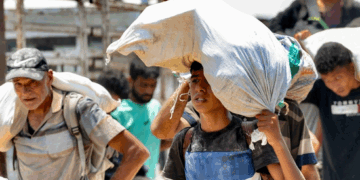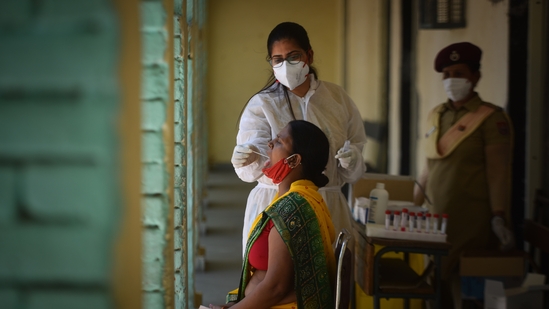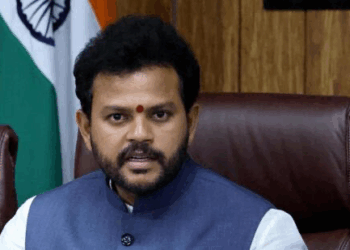As Covid-19 cases witness a moderate uptick in parts of India, health authorities have confirmed the detection of two new coronavirus variants. The Indian SARS-CoV-2 Genomics Consortium (INSACOG), which monitors genomic variations of the virus, has reported the presence of NB.1.8.1 and LF.7 subvariants—both newly emerging types that have not been seen widely before in the country.
According to INSACOG data, one case of the NB.1.8.1 variant was detected in Tamil Nadu in April 2025. In May, four cases of the LF.7 variant were reported from Gujarat. These findings come amid concerns over a growing number of Covid cases nationwide, although health experts and the World Health Organization (WHO) have downplayed the threat posed by these particular strains.
The WHO has classified both NB.1.8.1 and LF.7 under the category of “Variants Under Monitoring” rather than “Variants of Concern” or “Variants of Interest.” This indicates that while these variants are new and being tracked for mutations, they currently do not pose a major threat to public health on a global scale.
“Based on current evidence, the additional public health risk posed by NB.1.8.1 is considered low globally,” the WHO noted. “Approved Covid-19 vaccines are expected to remain effective against symptomatic and severe disease caused by this variant.”
In India, the dominant strain continues to be the JN.1 variant, accounting for over 53% of sequenced cases. It is followed by BA.2, another Omicron sublineage, contributing to around 26% of the cases.
Medical professionals have urged the public not to panic. Dr. Dhruv Chauhan, national spokesperson for the Indian Medical Association Junior Doctors Network (IMA JDN), emphasized that the JN.1 variant, a descendant of Omicron’s BA.2.86, is not causing severe illness. “This is not a lethal variant,” Dr. Chauhan said, adding that most infections have been mild.
He advised continued adherence to preventive measures such as hand hygiene, wearing masks in crowded or clinical settings, and seeking prompt medical advice for symptoms. “It’s critical to avoid chaos and unnecessary panic,” Dr. Chauhan stressed, highlighting the importance of measured responses over fear-driven reactions.








 India
India












